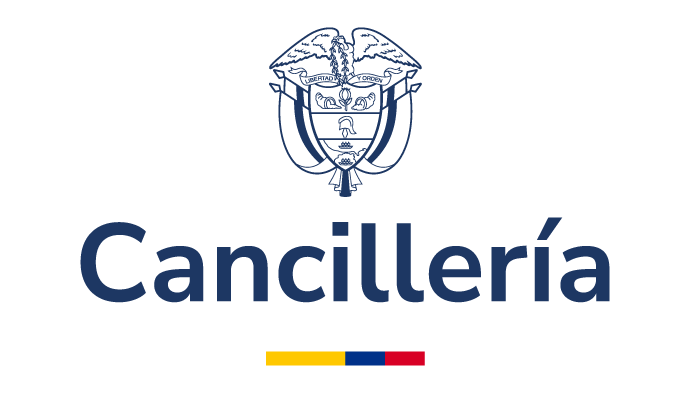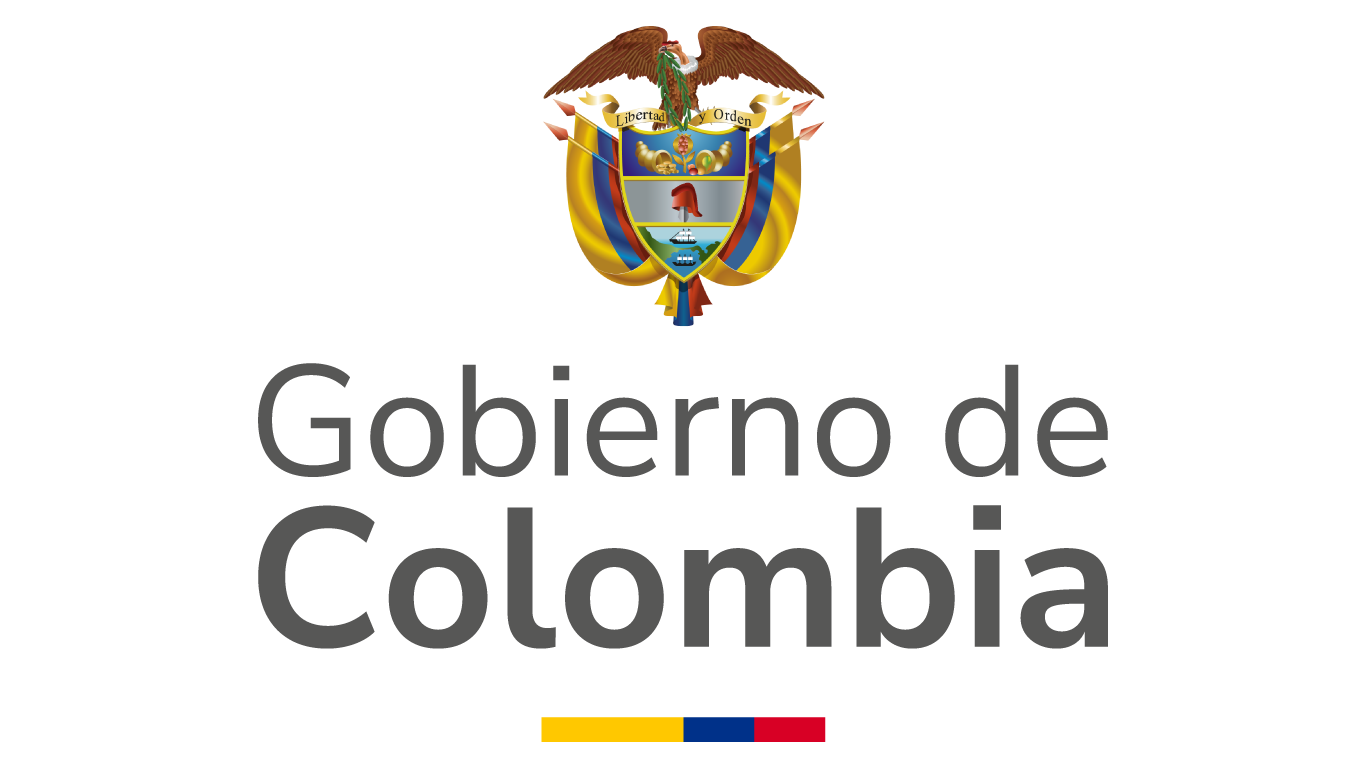United Nations International Strategy for Disaster Reduction - UNISDR
The United Nations Office for Disaster Risk Reduction (UNISDR) was created in December 1999 with the purpose of ensuring the application of the International Strategy for Disaster Reduction.
UNISDR is part of the Secretariat of the United Nations and its functions cover development and humanitarian aid. Its main work areas include: the insurance of disaster risk reduction (DRR) as applied to climate change adaptation; the increase in DRR investment; the construction of disaster-resistant cities, schools and hospitals; and the reinforcement of the DRR international system.
Colombia in UNISDR
- Currently, the main achievements of Colombia in Disaster Risk Management, concerning its compliance with the Hyogo Framework for Action, are laid out in the Act 1523 of 2012, “by means of which the integral policy on disaster risk management is adopted, the National System for Disaster Risk Management is established and other provisions are dictated.”
- The government has worked towards an institutional and normative transformation of Risk Management in the country, in order to improve the practices of Risk Awareness, Risk Reduction and Disaster Management, via the inclusion of this topic as priority in the National Plan.
- During the negotiations for the new Hyogo II Framework for Action, the country has identified 5 priorities for action that need to be kept and reinforced in the definition of the new framework.
- Governance and formulation of the Disaster Risk Reduction and Management Act and its implementation at the national, territorial and sectorial level;
- Financial protection, including tools and mechanisms for risk transfer and retention, related to public and private investment activities;
- Association with the private sector, as risk manager;
- Prospective Interventions in the Territorial Planning, optimization of the use, occupation and transformation of the territory;
- Community focus: the community as base, beginning and end of all intervention for Disaster Risk Management.
In Colombia, Disaster Risk Management is a competency of the National System for Disaster Risk Management, which articulates all the different entities of public, private and community nature that implement the normative framework on the subject. The entity that performs the co-ordination of the System is the National Unit for Disaster Risk Management.
nternational Federation of Red Cross and Red Crescent Societies - IFRC
The Federation encompasses all the national Red Cross and Red Crescent Societies and its mandate is focused in facilitating and promoting the humanitarian actions performed by national societies.
In Geneva, the coordination and mobilization of relief aid for international emergencies are carried out and support studies for the reduction of natural and humanitarian disasters are presented.
Colombia in the IFRC
- The IFRC is a strategic partner for excellence in assistance, exchange of technical knowledge and development of capacities of the National System for Disaster Risk Management.
- Thanks to the support of the Federation, Colombia has advanced in implementing the legal framework for International Disaster Response (International Disaster Response Law –IDRL).
- The Red Cross carries out the permanent follow-up of the process standardization for search and rescue, led by the National Unit for Disasters.
- Reinforce the role of the Red Cross as a subsidiary partner for the Government in risk awareness, risk reduction and disaster management.








